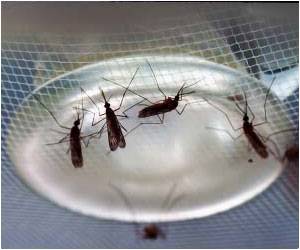About 20 to 25 percent of the local health centers in South Africa were unable to dispense the complete amount of one or more HIV or Tb medication.

TOP INSIGHT
Antiretroviral therapy (ART) is a combination of three or more antiretroviral (ARV) drugs to suppress the HIV virus and stop the progression of HIV disease.
In 80 percent of the cases, the drugs were available in the country but did not reach the clinics.
"National and international shortages of medicines do get donor and government attention, but the availability of medicine in local health centers is not routinely monitored," said Tinne Gils, MSF's regional pharmacist.
Similar problems affecting an even larger percentage of clinics were experienced in the Democratic Republic of Congo and Mozamique, MSF surveys found.
"Improving medicine delivery to the last mile will require the commitment of countries and international donors," the report said.
"But how can patients be expected to remain adherent to their treatment if their medicines are not available when and where they need them?"
 MEDINDIA
MEDINDIA



 Email
Email






